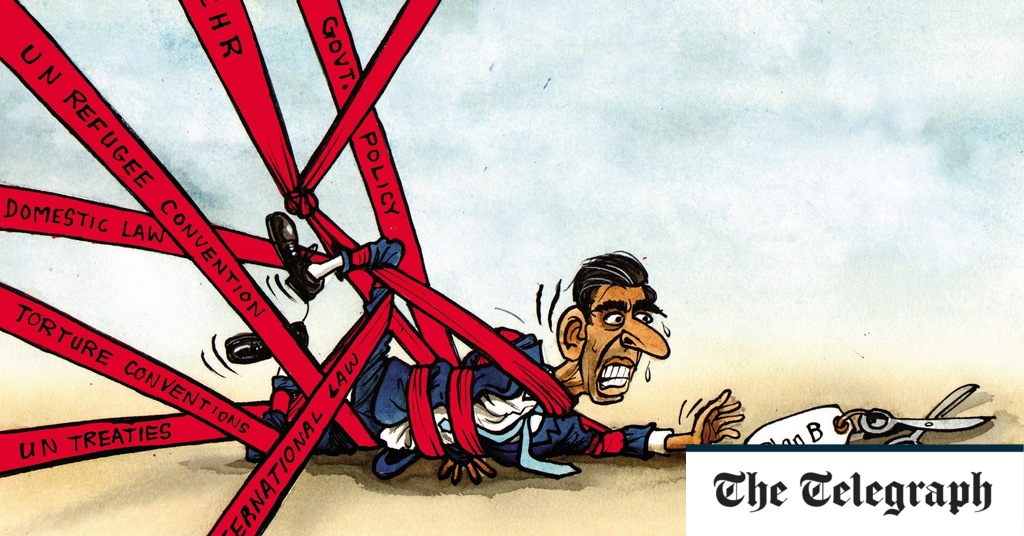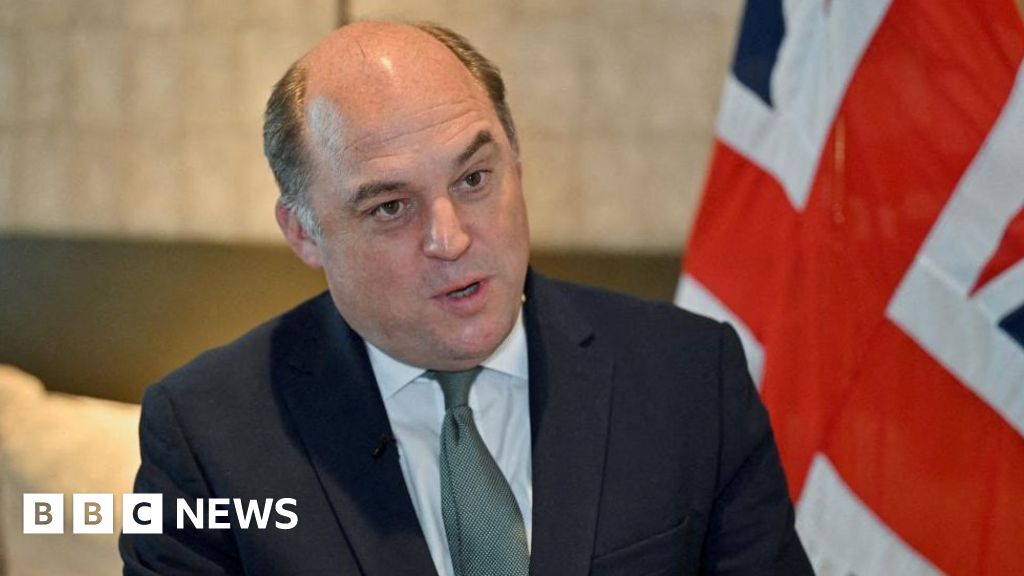- 5 Posts
- 9 Comments

 3·1 year ago
3·1 year agoDefinitely. This is her manifesto for Leader for all of the membership, plus giving something for her supporters to get behind and use as a stick to beat Sunak.

 6·1 year ago
6·1 year agoBraverman publishes her first article since getting sacked in which she attacks the PM and sets out her own 5-point plan for immigration (I know, it’s the Telegraph. But that’s where she has set it out, text is included so you don’t have to give them clicks).

 10·1 year ago
10·1 year agoThis could be our Falklands, Elizabeth

 21·1 year ago
21·1 year agoAbsolutely, for me I think the link is the line "many bully to hide their incompetence ". The best managers accept that sometimes problems arise and mistakes happen (or in the worst case someone acts maliciously), and they take the short term aggro or reputational damage to improve the long term outcome. The bad managers are the exact opposite, they don’t want to deal with the short term problem and will actively bury it regardless of the long term risk to patients. I think that is what has happened here, and sadly often the next step (in my experience) is bullying those subversive elements.

 53·1 year ago
53·1 year agoBased on my experiences (13 years, 3 Trust’s) the managers fell into two broad groups. The first were amazing, well established in their profession and worked their way up through the ranks. They cared for their team, had professional pride and enabled everybody to do the best job possible (it was actually one of these people who sent me the article). The second group were as the article describes. Invariably not very good at their core role so moved towards management and admin to escape it, invariably failed upwards, made poor decisions which they weren’t around long enough to see the impact of, and were insecure in their position so responded poorly to any challenge.

 611·1 year ago
611·1 year agoMaybe for certain issues. But something like this bridges the political divide, and I think the article hits the nail on the head regarding NHS management and the culture that surrounds a lot of them.

 4·1 year ago
4·1 year agoAs per the Beeb article he has “four grown-up children with second wife Marina Wheeler, and another daughter from an affair” plus the other 2 he had whilst in office. So I’d say eighth as the bare minimum

 1·1 year ago
1·1 year agoSurely maintaining a well staffed, trained, disciplined, equipped and motivated military is something in the best interests of everyone? From a purely military point of view we are honouring our commitments to NATO and have the capacity to support our allies and project force if required (particularly against the backdrop of the war in Ukraine, and any potential Taiwan shenanigans). Of the money spent on the military a decent chunk supports R&D, hardware but also tactics which can subsequently be exported internationally. The same goes for training, which is world class (whether that’s Sandhurst or Dartmouth, or us training Ukrainians). You take a cross-section of British citizens and teach them a variety of highly useful and transferrable skills, all valuable whilst they are in the Forces and probably still beneficial to the country after they leave and get ‘normal’ jobs. The money invested, and spent on staffing, stays mainly within the British economy providing further economic stimulus. Plus all of the soft power Hearts and Minds.





No. It’s multiple choice, mostly common sense with a couple of bits to memorise (braking distances etc) but it should be very easy to revise for and then sit the exam.